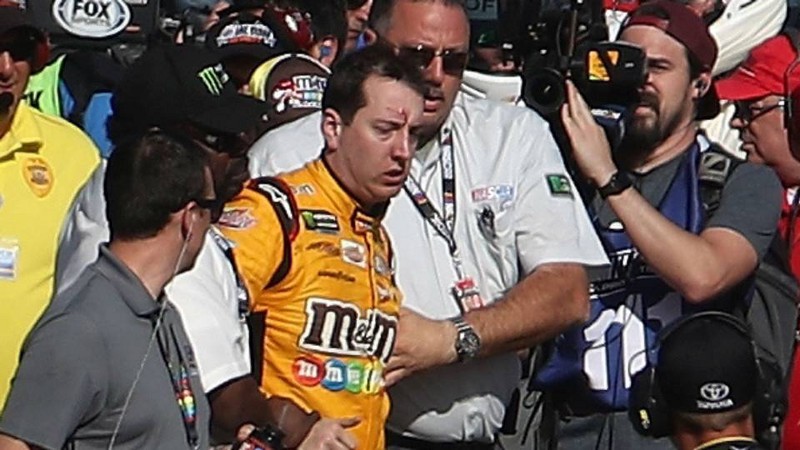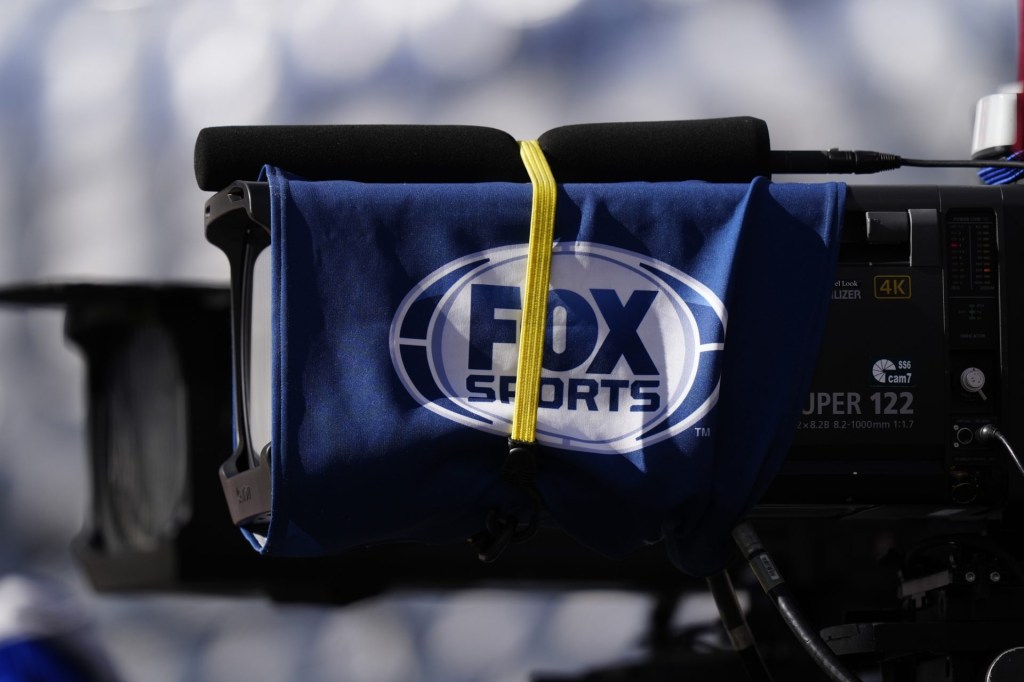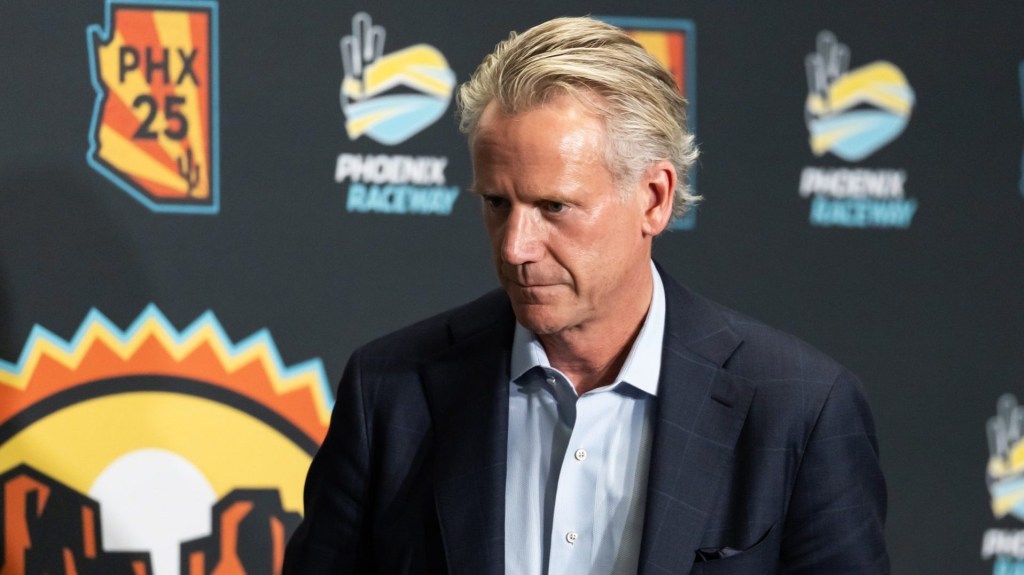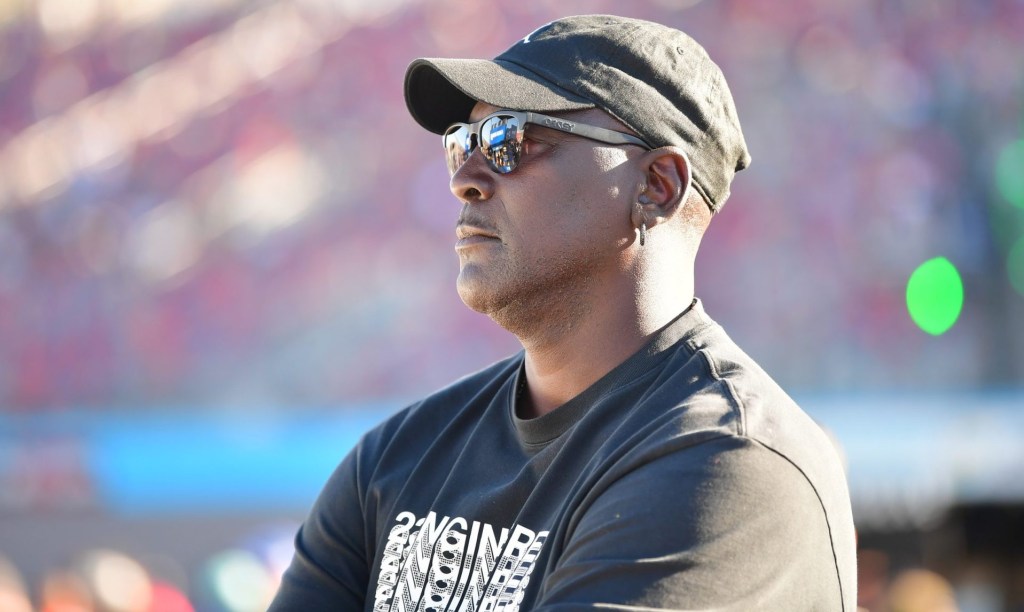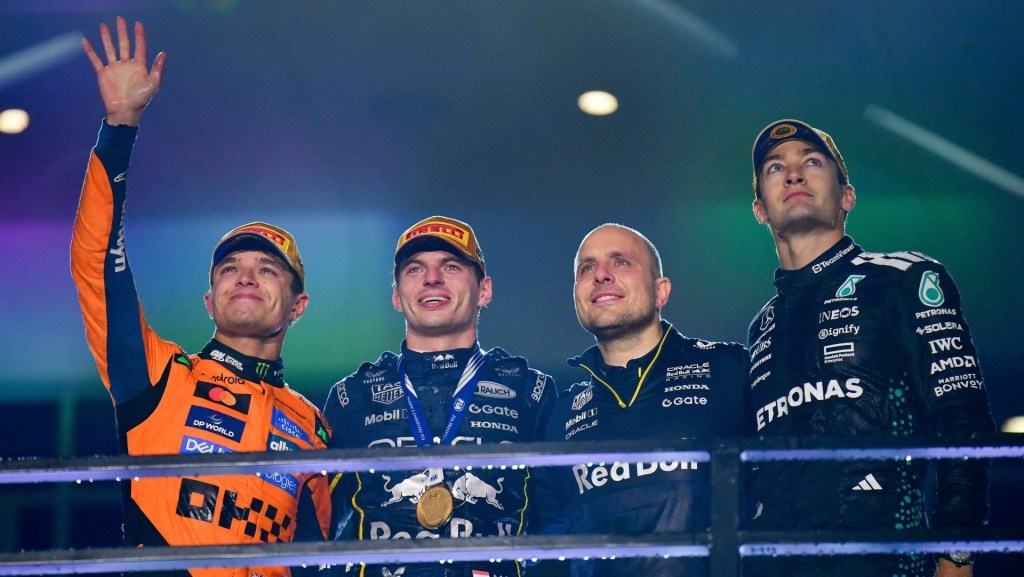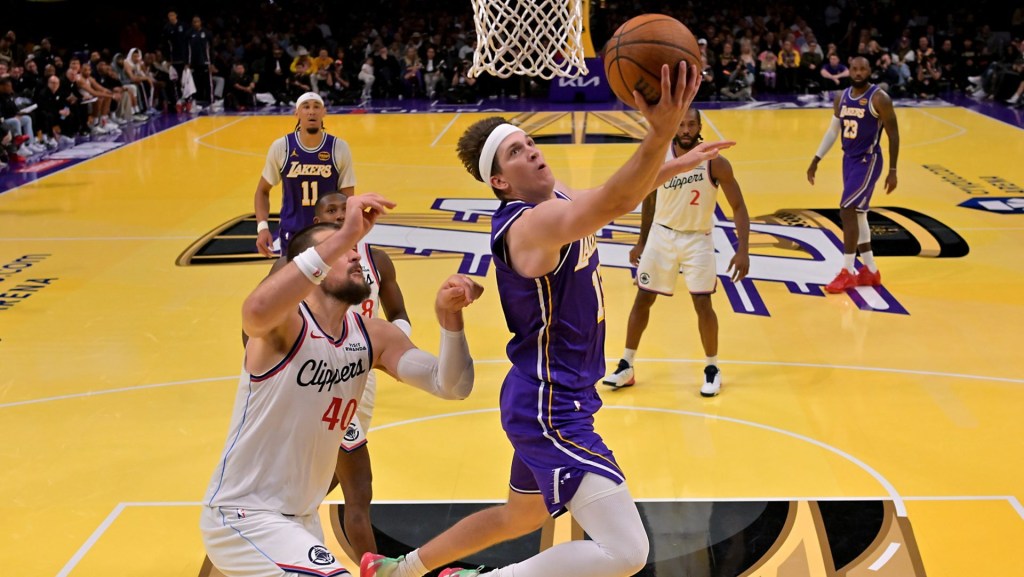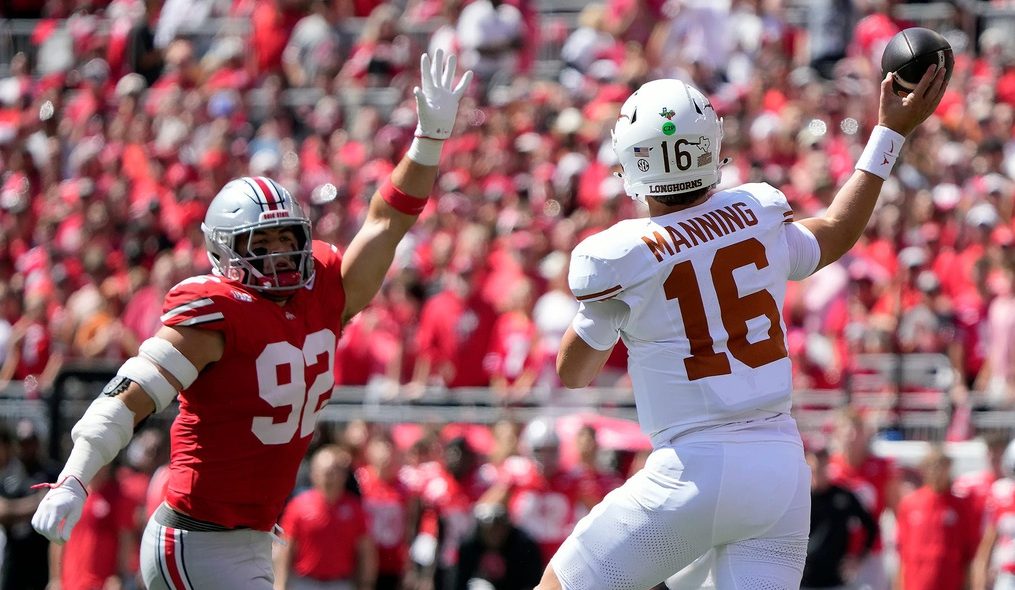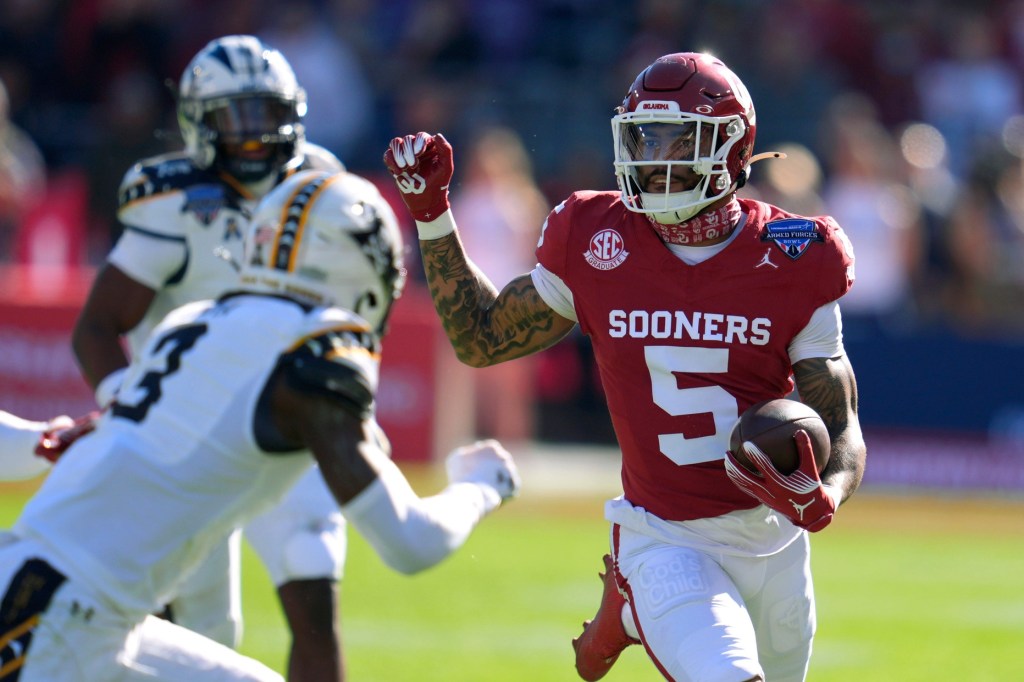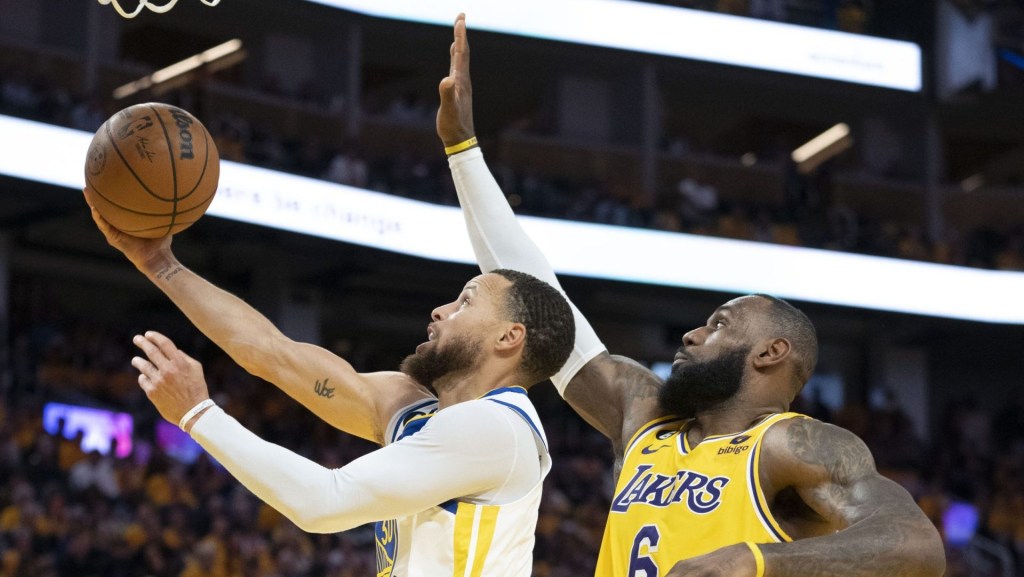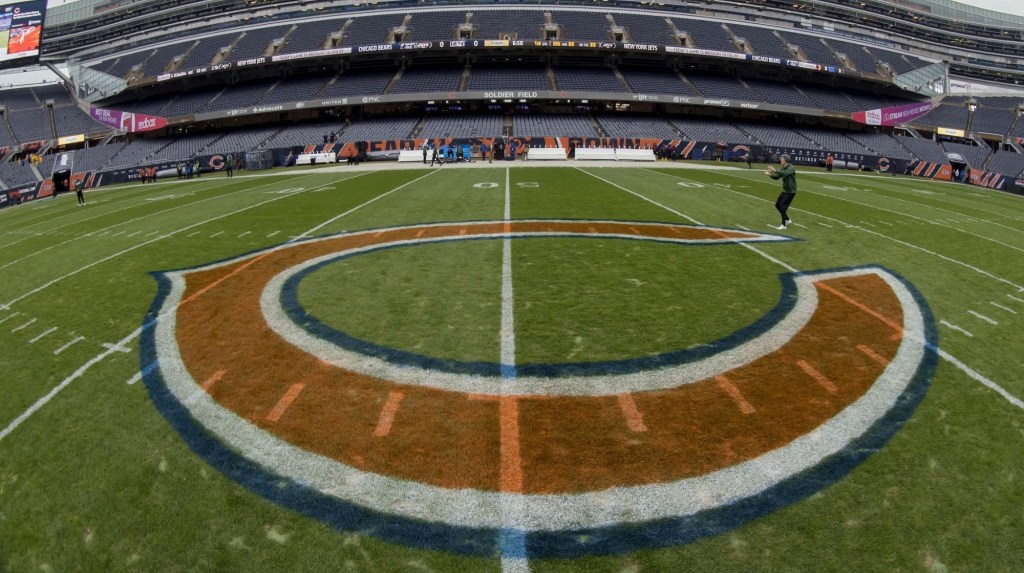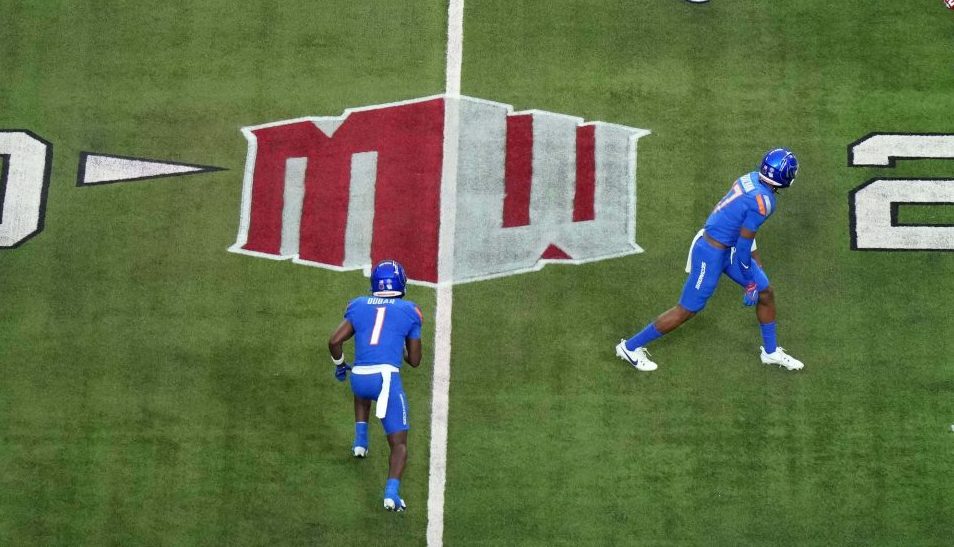Fights are bound to happen in every sport, but the repercussions of fights and retaliation need to be made clear ahead of time
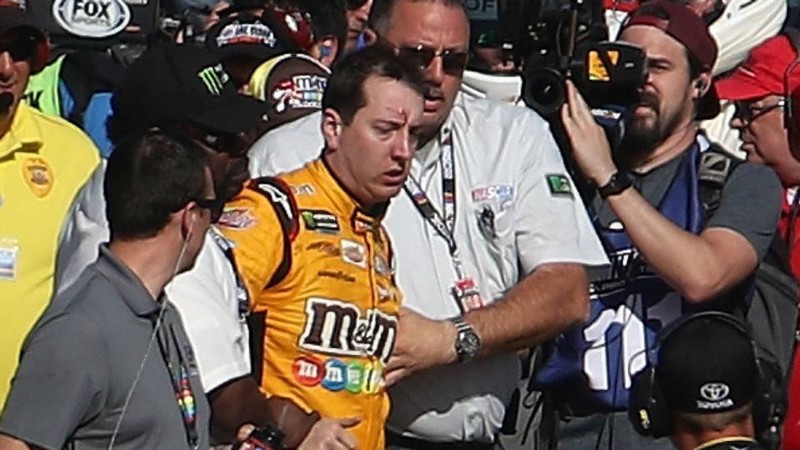
From Donnie Allison and Cale Yarborough in 1979 to Kyle Busch and Joey Logano three weeks ago, fights have happened in NASCAR racing, even if we don’t see them on a weekly basis. Usually a few times a year, if that, a driver will emerge from his car, blood boiling, emotions running high and confront another driver. Today, we call it “Boys (and girls) have at it.” When it comes to fighting, where do we draw the line?
At Phoenix, Kyle Busch felt Joey Logano intentionally wrecked him, while Logano, who drives the №22 Team Penske Ford, insists it was just racing. Busch confronted Logano after the race and threw a punch (whether the punch landed will always be debated), leading to a scrapple among crew members and drivers as officials rushed in to contain the fight. After the fight, with blood trickling down his face, Busch said, “I got dumped.” “(Logano) flat out just drove straight into the corner and wrecked us.” Sure, confrontations boost ratings, but, again, we ask, where do we draw the line?
Busch received no fine or suspension from the incident. Had Logano retaliated on the racetrack, a fine would have been inevitable. Thankfully, the two were able to race like gentlemen the following week.
The previous day, Austin Dillon and Cole Custer tangled in a NASCAR XFINITY Series event. Dillon, who is ineligible for points in the XFINITY Series since he competes full-time in the Monster Energy NASCAR Cup Series, pinned Custer’s car against the outside wall as a way of expressing his displeasure with the young driver. He was parked for the day, but did it really matter? Because he couldn’t earn championship points, his finish had no bearing on anything. Dillion was not fined or suspended from future XFINITY Series races (thus incurring a loss of money). But where do we draw the line?
Rewind to Fontana in March 2016, Danica Patrick was bumped by Kasey Kahne and proceeded to give him the middle finger, or as Dale Earnhardt would say, she just “told him (Kahne) he was number one.” She was fined $20,000 because she walked on the racing surface to confront Kahne. Patrick’s gesture isn’t a fight, nor did she retaliate with her vehicle. However, she received a stiffer punishment from the sanctioning body, causing us to ask, “Where do we draw the line?”
NASCAR needs to have a clearer policy regarding fights and confrontations. Between appearances, endorsements and race winnings, drivers make enough as it is. A fine, although painful, isn’t the worst thing that could happen. Instead, NASCAR should impose discipline that puts drivers at a disadvantage the next week.
By putting them behind their competitors, NASCAR would be telling the drivers it is serious about fighting. Now, I’m not talking about a loss of practice time or pit stall selection that come with rules infractions. Instead, impose the discipline on race day. Here are some thoughts:
· Make the driver start from the rear of the field the following week. This could be done for less severe confrontations.
· Loss of a set of tires for a race. NASCAR only allots teams a certain amount of tires per race. If it took away a set of tires from a team whose driver decided to fight, it would significantly decrease the driver’s chances of winning and send a serious message about fighting. If the team didn’t have that final set of tires for a late race restart when in contention for victory, chances are the driver would understand how badly his actions hurt his team and think twice about the method he used to express his frustration.
· Start the next race one lap down — What’s the point of holding a driver during a race where they’ve already been wrecked and are out of contention? Make him or her start at the rear of the field the next week. It would be a serious reprimand.
· Suspensions and loss of points — Although nothing new (Matt Kenseth was parked for the final two races of 2015 after intentionally wrecking Joey Logano at Martinsville), no driver wants to sit out a race. Racing is in their blood and having to watch their competitors (and replacement driver) wheel their 3,300 pound stock car around the track while they sit at home is a painful thought.
Fights are bound to happen in every sport, but the repercussions of fights and retaliation need to be made clear ahead of time. Are my ideas warranted or downright crazy?
As always, I welcome your thoughts. Tweet me @Kraig_Doremus and be sure to follow Front Office Sports for all the latest NASCAR news.
